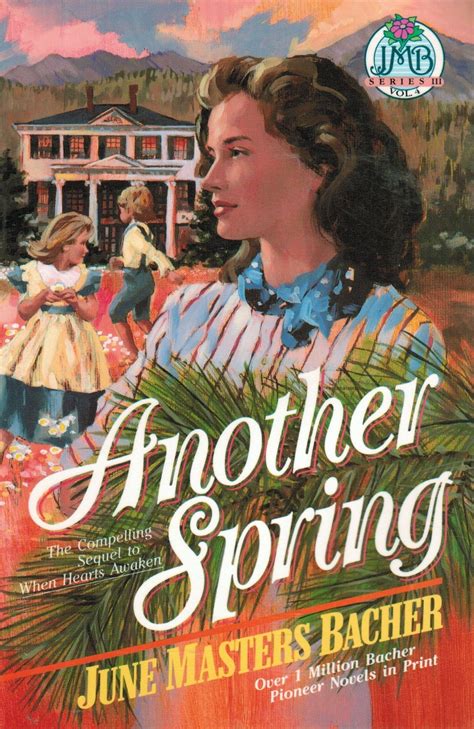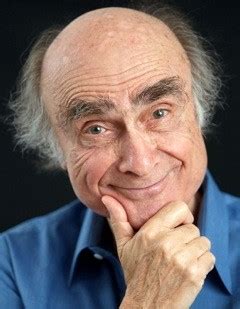A Quote by Herbert Spencer
The wise man must remember that while he is a descendant of the past, he is a parent of the future.
Related Quotes
It seems to me that the dedication of a library is an act of faith. To bring together the resources of the past and to house them in buildings where they will be preserved for the use of men and women in the future, a nation must believe in three things. It must believe in the past. it must believe in the future. It must, above all, believe in the capacity of its own people so to learn from the past that they can gain in judgment in creating their own future.
The particular aspect of time that I'm interested in is the arrow of time: the fact that the past is different from the future. We remember the past but we don't remember the future. There are irreversible processes. There are things that happen, like you turn an egg into an omelet, but you can't turn an omelet into an egg.
Life is the future, not the past. The past can teach us, through experience, how to accomplish things in the future, comfort us with cherished memories, and provide the foundation of what has already been accomplished. But only the future holds life. To live in the past is to embrace what is dead. To live life to its fullest, each day must be created anew.
And we should forget, day by day, what we have done; this is true non-attachment. And we should do something new. To do something new, of course we must know our past, and this is alright. But we should not keep holding onto anything we have done; we should only reflect on it. And we must have some idea of what we should do in the future. But the future is the future, the past is the past; now we should work on something new.
What you think of as they past is a memory trace, stored in the mind, of a former Now. When you remember the past, you reactivate a memory trace -- and you do so now. The future is an imagined Now, a projection of the mind. When the future comes, it comes as the Now. When you think about the future, you do it now. Past and future obviously have no reality of their own. Just as the moon has no light of its own, but can only reflect the light of the sun, so are past and future only pale reflections of the light, power, and reality of the eternal present. Their reality is "borrowed" from the Now.








































